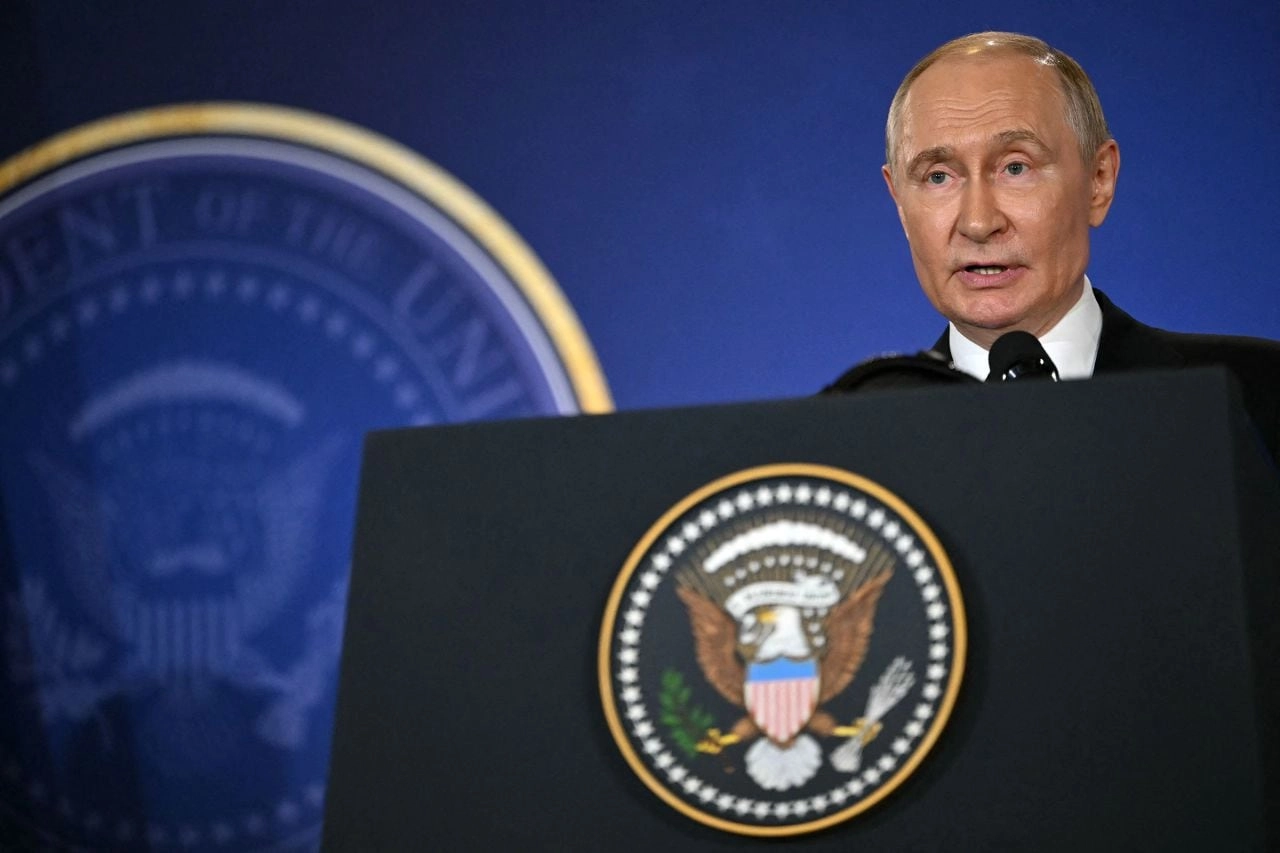In recent years, the geopolitical landscape has witnessed a significant shift, particularly with Russia’s strategic maneuvers under President Vladimir Putin. One of the most notable aspects of this strategy is the export of Russian cyber capabilities to various regions, especially Asia and Africa. This initiative is not just about technological transfer but also aims to cultivate alliances, influence political landscapes, and enhance Russia’s global standing. By leveraging advanced cyber tools, Russia seeks to position itself as a formidable player in the realm of information warfare and digital espionage.
The drive to export cyber capabilities is intricately linked to Russia’s broader foreign policy objectives. In Asia, countries like China and India have shown interest in collaborating with Russia on cyber defense and technology. This partnership is mutually beneficial; while Russia gains access to emerging markets and strengthens its geopolitical ties, Asian nations can enhance their cyber defenses against external threats. Furthermore, this collaboration extends to sharing intelligence and training personnel, which not only bolsters national security but also aligns with Russia’s vision of creating a multipolar world where Western influence is diminished.
In Africa, the situation is similarly complex. Many nations on the continent are grappling with issues such as cybercrime, political instability, and the need for robust digital infrastructure. Russia’s engagement in Africa often comes through arms deals, resource extraction, and now, cyber capabilities. By providing these nations with technological tools and expertise, Russia positions itself as a partner in development while simultaneously seeking to expand its influence in a region rich in resources and strategic potential. This outreach is indicative of a broader strategy to counter Western hegemony and establish a foothold in regions traditionally dominated by Western powers.
Moreover, the implications of Russia’s cyber exports extend beyond immediate geopolitical gains. By fostering dependencies in cyber technology, Russia could exert significant influence over these countries’ political and social landscapes. The potential for surveillance, manipulation of information, and cyberattacks poses a risk not only to the national sovereignty of these nations but also to global cybersecurity. As countries in Asia and Africa increasingly rely on Russian cyber capabilities, the balance of power in the digital realm could shift, leading to new alliances and rivalries that reshape international relations. Thus, Putin’s plan to export cyber capabilities is a calculated move that reflects both immediate tactical advantages and long-term strategic ambitions in the ever-evolving global landscape.




